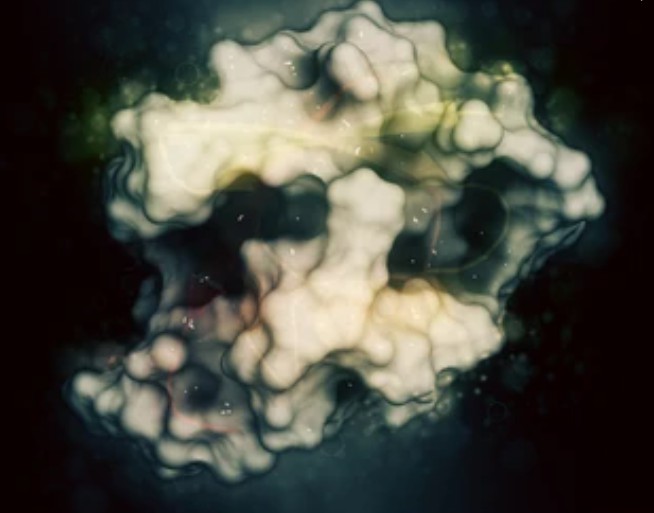
- Home
- PTMs Proteomics
- Protein Post-Translational Modification Quantitative Analysis Services

Post-translational modifications (PTMs) are involved in regulating protein folding, stability, cellular localization, activity, and protein interactions with other proteins or biomolecular species and are critical to our functional understanding of biology. Advances in mass spectrometry (MS) methods have made it possible to analyze PTMs on a large scale. Creative Proteomics now offers a range of labeled and unlabeled proteomic-based methods and services for PTM quantification, including metabolic labeling, larger multiplexing chemical labeling, and other novel label-free quantification approaches such as DIA/SWATH. In addition, our service combines various PTM enrichment strategies and robust PTM analysis workflows. We are committed to helping our customers achieve accurate, efficient and flexible PTM analysis across a variety of complex samples, greatly accelerating the success of their projects.
Mass spectrometry contributes to the mass determination and sequencing of peptides and therefore to the detection of site-specific PTMs. However, the field faces many challenges due to the low abundance, instability, and diverse chemistry of many PTMs. Although each PTM usually has its own unique challenges, there are some common obstacles in the PTMs. These can be broadly defined as challenges of abundance, analysis methods, chemical properties, and bioinformatics.
| Common challenges associated with PTM analysis and quantification | |
|---|---|
| Challenges | Details |
| Abundance | Broad dynamic range of protein abundance Substoichiometric occupancy of PTMs |
| Chemical properties | Diversity Instability High reactivity Impaired digestion |
| Analysis methods | Specificity Availability Loss of information Low ionization efficiency |
| Bioinformatics approaches | Impaired digestion A limited number of PTMs can be simultaneously searched |
By using various labeling and label-free strategies, MS can further provide useful quantitative information that can be used for determining PTM expression differences between samples. Based on the combination of with label and label-free MS approaches, we are committed to helping our customers achieve an unbiased, large-scale characterization and quantification of various PTMs. Our workflows for PTM analysis can focus on a single modification type or on a single sample type, including tissue, cell lines, and biological fluids. Overall, our well-established PTM workflow typically includes several broad sections: sample preparation protocol establishment, PTM enrichment strategy, and sensitive LC-MS/MS assays for PTM quantification. More importantly, our workflow uses carefully selected digestion protocols, selective purification techniques based on affinity or immunoprecipitation enrichment, and a range of labeled and unlabeled proteomics-based approaches, depending on our client's specific project.
Beyond identification, Creative Proteomics also applies MS-based approaches for the quantification of PTMs. We specialize in a wide range of PTM analyses, including phosphorylation, acetylation, glycosylation, and ubiquitination, among others. For more information on our PTM analysis services and sample requirements, please feel free to contact us. It is important to note that our customer service representatives are available 24 hours a day, Monday through Sunday.
References
Our products and services are for research use only.